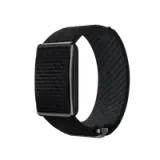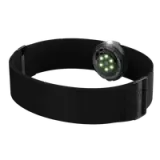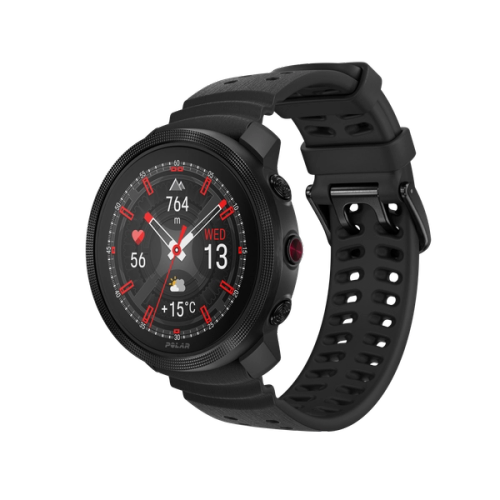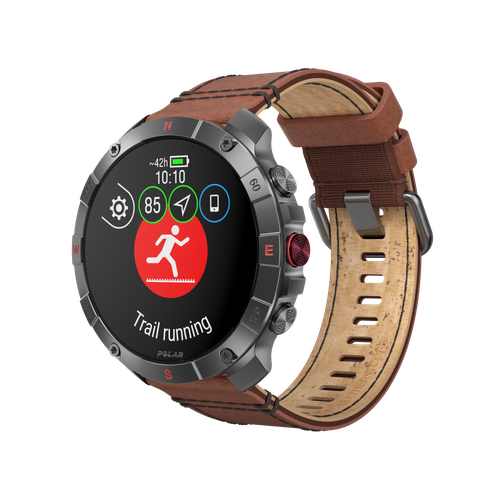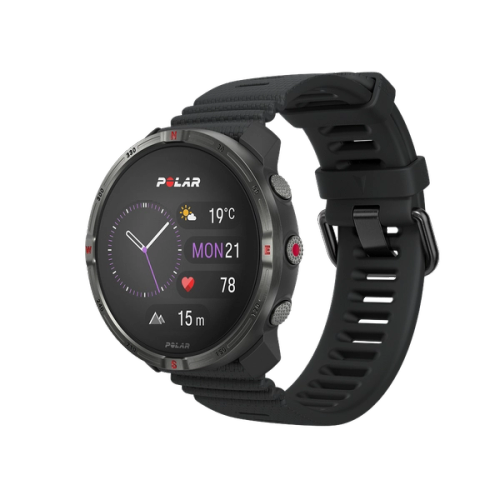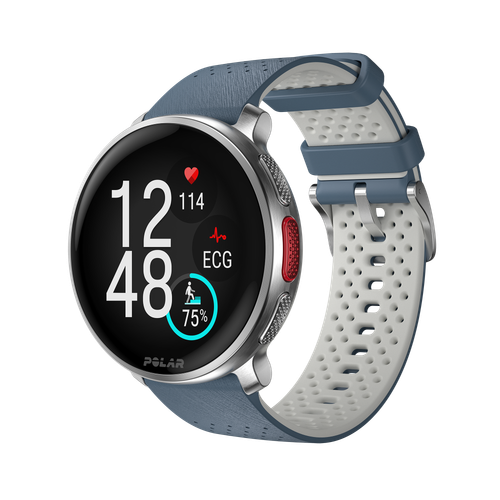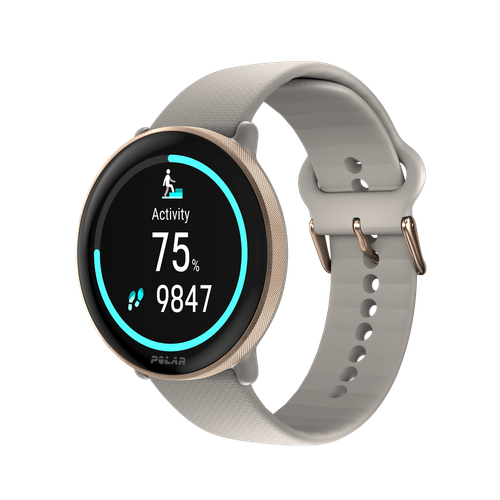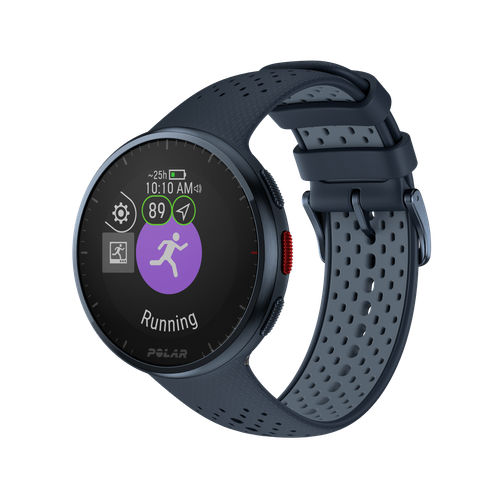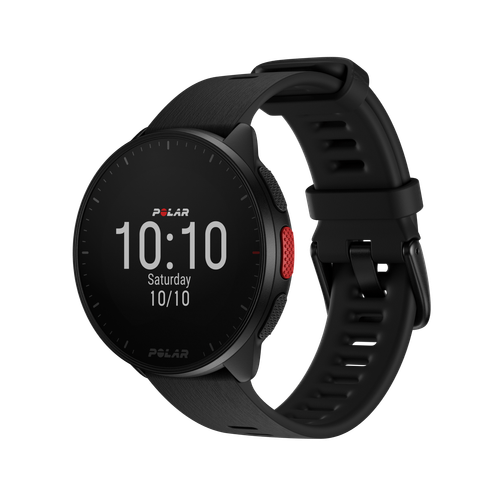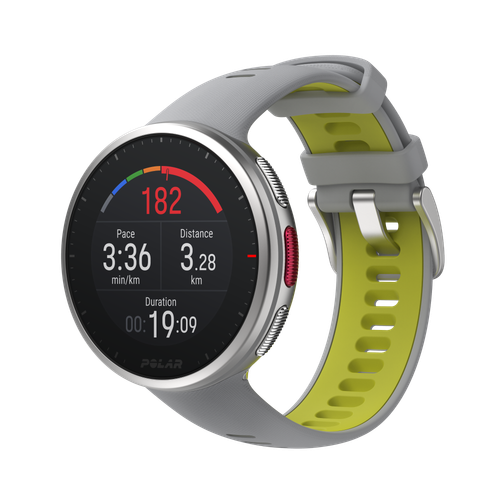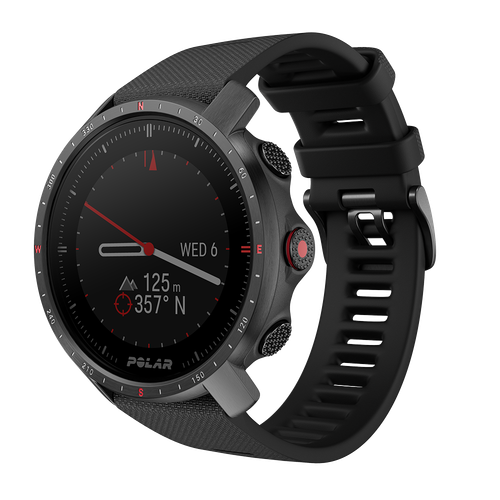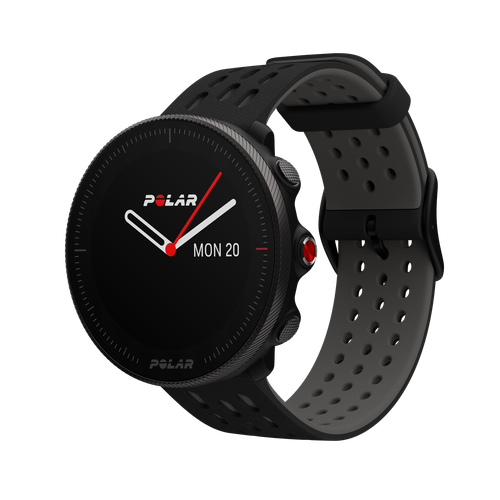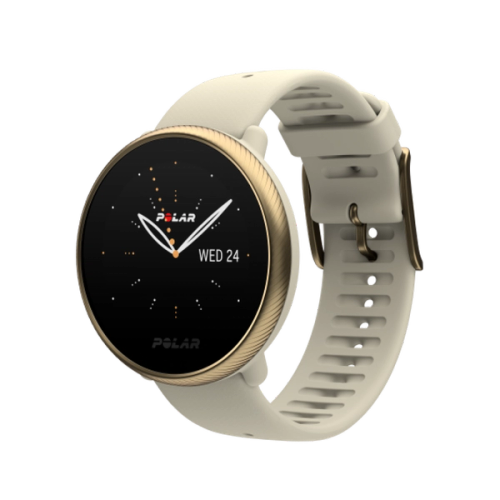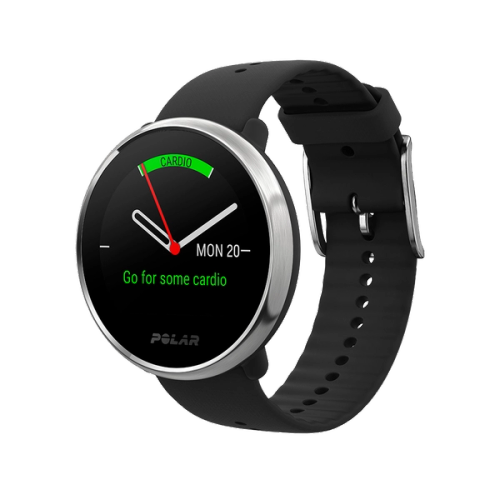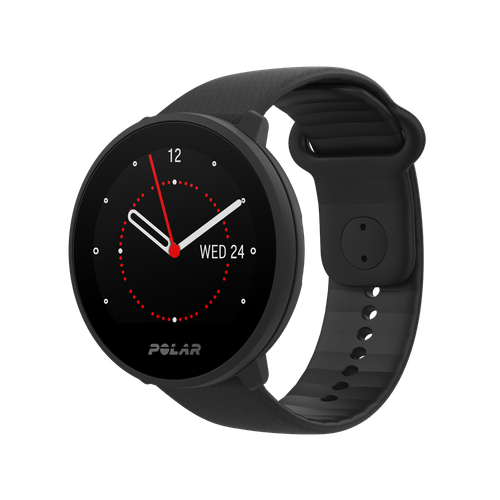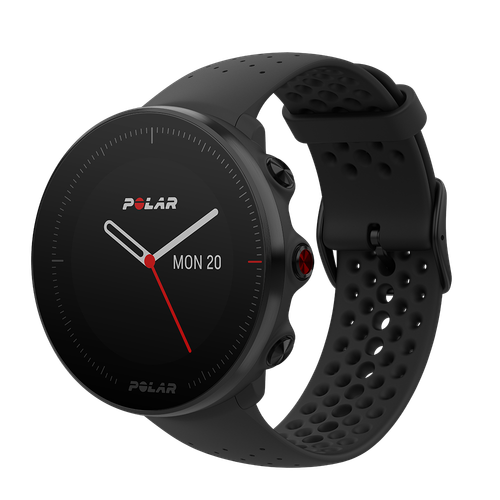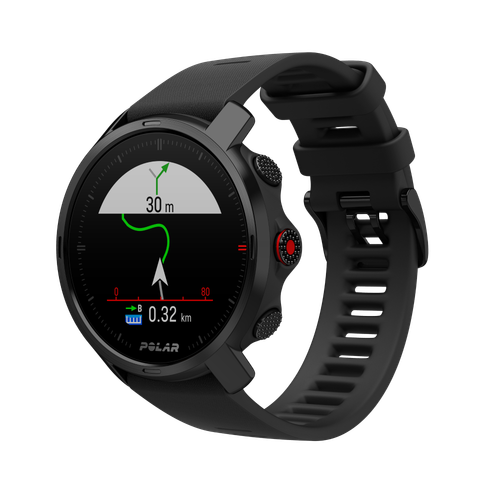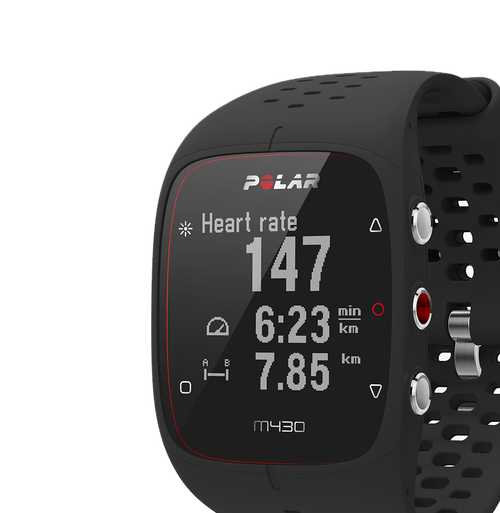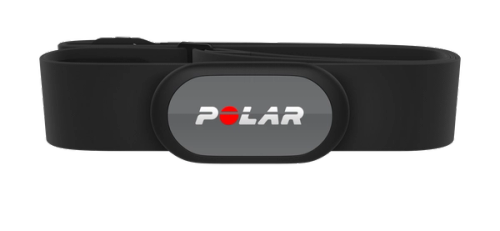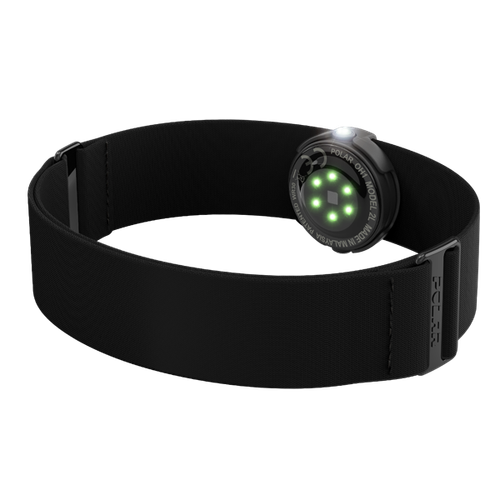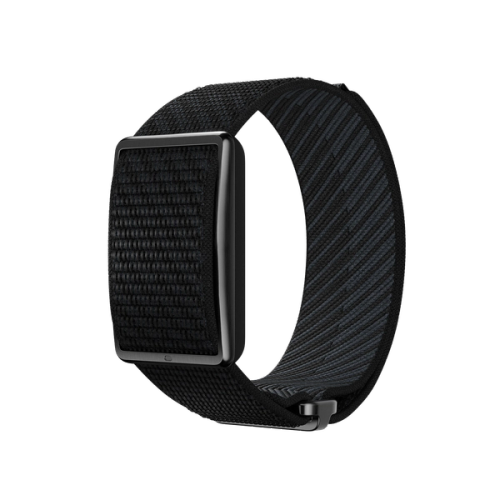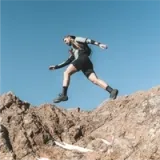Ultrarunners are known for their incredible endurance, pushing their bodies to the limit as they tackle mind-boggling distances and navigate treacherous trails. These modern-day adventures take grit, determination, and… a fabulous amount of calories. What fuels these superhuman feats?
We caught up with record-breaking ultrarunner Karel Sabbe to uncover the culinary choices fueling his unprecedented feat: completing the 2,650-mile Pacific Crest Trail faster than anyone in history. Let's dive into the unconventional menu that powered this extraordinary achievement.
During your record-breaking Pacific Crest Trail run, what did your daily menu plan look like?
For breakfast, I usually had some quick oats or sandwiches with Nutella or jam that my crew had prepared for me. This way, I could start eating as I started hiking straight away. From that moment on, I tried to eat as much as possible, but that is often not that easy. In the beginning, I was so happy to have an "all-you-can-eat" diet all the time, but after a couple of weeks, my crew and friends running sections of the trail with me had to ask more and more often, "Shouldn't you be eating something now?" Before long, they would start saying, "Eat this now, Karel."
Many days, I thought it would be nice to have a larger meal for lunch. That would have given the feeling of a normal routine, but most days I would be eating while hiking. At the end of the day, I had a proper dinner as quickly as possible so I could go to bed as soon as possible.
I understand you occasionally enjoyed some Belgian specialties that aren't readily available in the US. Could you tell us about these unique treats?
That would be mashed potatoes with lots of butter. Also, sausage with potatoes and apple sauce. Americans, however, couldn't understand my choice of dessert: peaches with tuna. I just love the sweetness of peaches combined with some salt and protein. Very delicious.
What was the strangest meal you had?
Judging by everyone's reactions, I'd say the most surprising dish I had was definitely the peaches with tuna. But I'd recommend everyone try and taste this dessert. The recipe is easy. All you need to do is mix canned tuna with mayonnaise, pepper and salt. Then, mix in the peaches. It's deliciously refreshing!
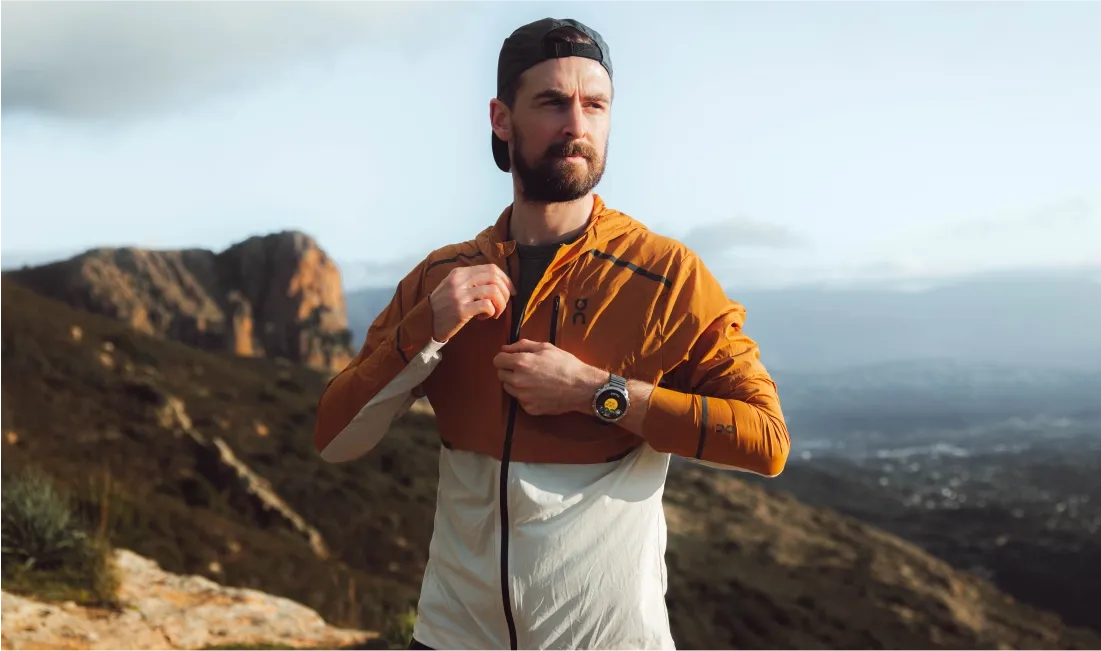
"Judging by everyone's reactions, I'd say the most surprising dish I had was definitely the peaches with tuna. But I'd recommend everyone try and taste this dessert". - Karel Sabbe
While running, do you find yourself craving any particular foods? Are there moments on the trail when thoughts of a post-run feast help you keep going?
Yes, at first, anything that was carbohydrate-based. I'd crave candy, Snickers bars, M&M's, things like that. That shifted into more fatty things after a couple of weeks: pizza, hamburgers, potato chips... It didn't matter if the food was fresh/hot or already cold.
Besides all the greasy food, fatty meals, and sweet carbs, how was your protein intake? Are you a meat eater, or do you follow a more plant-based diet?
At home, I hardly eat any meat, but during something like the PCT challenge, you start craving it. Plus, it’s often very complicated to find plant-based alternatives in the rural areas where my crew has to resupply. You can find a lot of alternatives in cities like San Francisco or New York, but finding them in small village grocery stores can be difficult.
2,650 miles, 46 days
The Pacific Crest Trail (PCT) is a long-distance hiking and equestrian trail that runs from the U.S.-Mexico border in California to the U.S.-Canada border in Washington state. Spanning approximately 2,650 miles (4,265 kilometers), it traverses a diverse range of landscapes, including the Mojave Desert, the Sierra Nevada, the Cascade Range, and numerous national forests and wilderness areas.
Established in 1968, the PCT is one of America's National Scenic Trails and is renowned for its breathtaking scenery, challenging terrain, and the sense of adventure it offers to hikers and outdoor enthusiasts. Each year, thousands of hikers attempt to "thru-hike" the entire trail, typically taking 4-6 months to complete the journey. The PCT has gained increased popularity in recent years, partly due to books and films that have featured the trail, such as Cheryl Strayed's memoir "Wild."
In 2023, Karel Sabbe broke the fastest known time (FTK) record and completed the distance in 46 days 12 hours and 50 minutes.
Do you focus on nutrition while training? Do you prepare for a fat-based diet so that fat becomes your primary energy source?
Yes, I do train my digestive system by eating during my training sessions. Sometimes, I plan and do it on purpose, like eating a greasy meal in the middle of a long run. This way, I get my body used to how blood flow is diverted to the digestive system instead of the muscles. I'd then follow up a greasy meal with some candy so I would experience less of a dip after the meal. It's interesting to see how well you can train your digestive system! It's important not to forget about this aspect of training.
After one month on the road, running non-stop, how do you go back to a regular diet? Do you suffer from sugar withdrawal symptoms?
I did drink over 500 cans of soda during the PCT, so there is some withdrawal in the sense that you've lost a lot of weight and your body is hungry all the time and is craving a lot of food constantly. After my first PCT run back in 2016, I just followed what my body was "asking": the result was gaining 14 kilos in only a couple of weeks (weighing more than I ever had at that time). Since then, I limit myself to two weeks of eating whatever I crave, but after those two weeks, I force myself to eat healthy again and resist the cravings I have that aren't necessary anymore.
Finally, being a dentist yourself, were you very concerned about getting cavities?
For sure I was! I brought specific toothpaste with more fluoride than usual, and I would rinse with a fluoride rinse before going to bed. It helps, of course, to brush well and to hardly consume any sugar or soda when I'm not trying to set a world record.
Did you like this article? Subscribe to Polar Journal and get notified when a new issue is out.
Subscribe
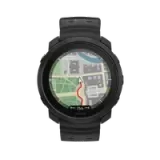 Polar Vantage M3
Polar Vantage M3
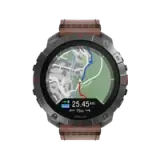 Polar Grit X2 Pro Titan
Polar Grit X2 Pro Titan
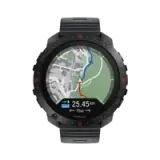 Polar Grit X2 Pro
Polar Grit X2 Pro
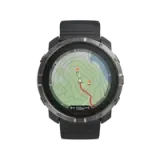 Polar Grit X2
New
Polar Grit X2
New
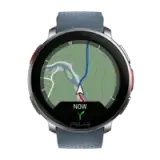 Polar Vantage V3
Polar Vantage V3
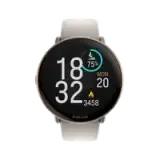 Polar Ignite 3
Polar Ignite 3
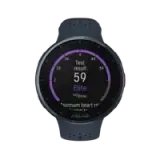 Polar Pacer Pro
Polar Pacer Pro
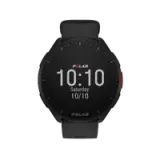 Polar Pacer
Polar Pacer
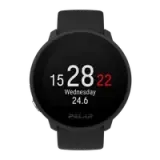 Polar Unite
Grit X Series
Vantage Series
Pacer Series
Ignite Series
Polar Unite
Grit X Series
Vantage Series
Pacer Series
Ignite Series
